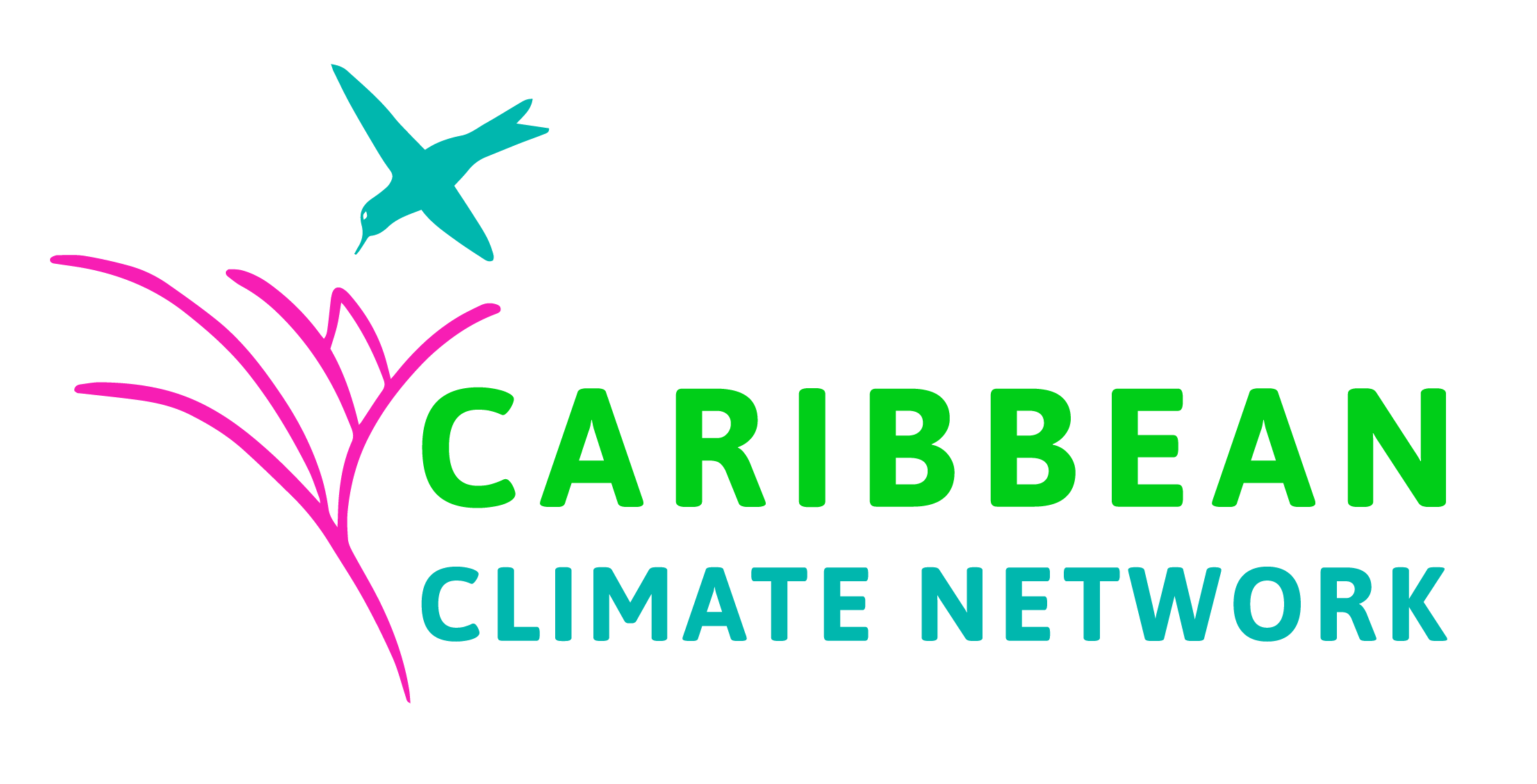We have seen the terrible stories that originate both within and outside the region when it comes to activists. From violence, to imprisonment, to murder; just caring for and speaking out for the environment and climate have negatively impacted the lives of people on the frontlines of this fight over time. Even in this modern world, incidents like the arrest of Hoàng Thi Minh Hồng, a climate champion from Vietnam and Dang Dinh Bach, an environmental lawyer also from Vietnam are still happening.
Hong’s story hits home for me. Just like her, I am a young woman with a husband and son who cares about the climate. I think of how terrified her family must be. I am saddened that something that has given her so much success, celebration, and passionate support throughout the world, could lead to her being incarcerated in her home country under the guise of tax evasion.
In the Caribbean we have seen how difficult and polarizing it is to care about the environment. Our fellow organizations, grassroot and community level CBOs and NGOs, and individual champions are met with ridicule and threats. Why?
Climate activism is important for several reasons. Climate activism plays a crucial role in raising awareness about the urgent need to address climate change. By organizing protests, demonstrations, and campaigns, activists bring attention to the severity of the issue and mobilize people to take action. Activism puts pressure on governments and policymakers to adopt more ambitious climate policies. Climate activism has played a huge role in shaping policies such as the Paris Agreement and sustainability in all aspects of human life.
Activism encourages both individuals and communities to adopt sustainable practices in their daily lives. It promotes concepts such as reducing energy consumption, transitioning to renewable energy sources, promoting sustainable agriculture, and adopting eco-friendly transportation options. These actions can have a significant impact in reducing greenhouse gas emissions and mitigating climate change. Climate change disproportionately affects vulnerable communities, including low-income populations, Indigenous peoples, and marginalized groups. Climate activism aims to amplify the voices of these communities and fight for environmental justice. By addressing the root causes of climate change, activists work towards creating a more equitable and sustainable future for all.
In summary, climate activism plays a crucial role in raising awareness, driving policy change, promoting sustainable practices, holding corporations accountable, protecting vulnerable communities, and inspiring innovation. By combining individual and collective efforts, climate activism has the power to accelerate the transition to a more sustainable and resilient world. It simply helps us create a better way of living for all.
Addressing the impacts of climate change in the Caribbean, in Vietnam, and everywhere else, requires regional and international cooperation, as well as efforts at the local level. Adaptation measures such as coastal protection, sustainable land and water management, and disaster preparedness are essential. Additionally, transitioning to renewable energy sources, enhancing climate resilience in infrastructure, and promoting sustainable tourism practices can contribute to mitigating climate change and building a more sustainable future for the Caribbean.
Let us join together in solidarity with the plight of climate change activists around the world and lobby for protection while we speak on behalf of the climate leaders that are forced to become voiceless only because they are working to create a safer planet for us all.

